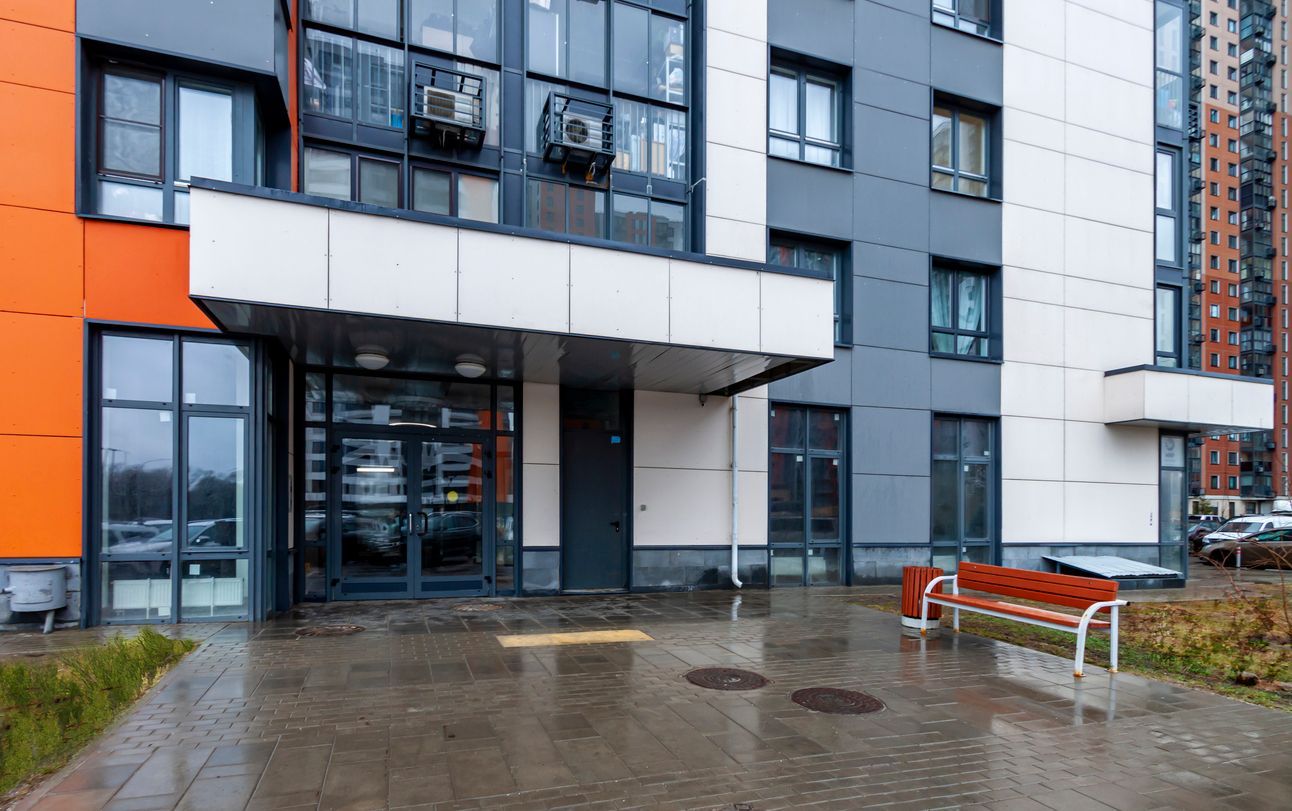Seasonal Affective Disorder and LTD Claims: What you need to know
As long-term disability lawyers, we recognize that depression and other types of psychological illnesses such as bipolar disorder, schizophrenia and anxiety disorders can render a person unable to work as psychological symptoms can interfere with various aspects of a person’s life.
This blog post will examine:
- What is seasonal affective disorder?
- What are the symptoms?
- Who is most affected by SAD?
- SAD and COVID-19
- How does it affect my ability to work?
- Why would my claim be denied?
What is seasonal affective disorder?
In the late fall/winter months, there are fewer hours of sunshine per day. Some people experience what is known as seasonal affective disorder (SAD) which is a type of depression that is related to the change in seasons.
Typically SAD occurs in the fall and continues into the winter months but can occur in the spring and summer months.
Symptoms can start as mild and become more severe the further we get into the season.
While the exact cause of SAD is unknown, it is felt that possible causes involve the reduced level of sunlight in the fall and winter as it disrupts the body’s internal clock (which controls sleep-wake patterns) and it disturbs the functions of neurotransmitters such as serotonin and dopamine. Serotonin is a neurotransmitter that affects mood.
What are the symptoms?
According to the Mayo Clinic, seasonal affective disorder is a subtype of major depression.
Symptoms of major depression can be a part of seasonal affective disorder and include:
- Low energy
- Loss of interest in activities
- Feeling depressed most of the day, every day
- Difficulties sleeping
- Fluctuating appetite and weight
- Agitation
- Difficulty with concentration
There are also symptoms specific to winter-onset SAD and spring/summer SAD.
Symptoms specific to winter seasonal affective disorder include:
- Irritability
- Low energy/tiredness
- Feelings of “heaviness”
- Appetite changes
- Weight gain
With seasonal affective disorder, the signs and symptoms tend to appear and disappear at the same time each year.
Who is most affected by SAD?
According to the
Centre for Addiction and Mental Health
(CAMH), risk factors for developing seasonal affective disorder include:
- Being female as women are more likely to be diagnosed with SAD
- Living far north or far south of the equator
- Being young; young people are more likely to develop SAD and the risk decreases with age
- Having a family history of SAD or other forms of depression increases the risk
Seasonal affective disorder affects people with mood disorders, in particular, bipolar disorder. Fall/Winter SAD can trigger depression and spring/summer can bring symptoms of mania or hypomania.
SAD and COVID-19
The COVID-19 pandemic has affected millions of people worldwide, physically and mentally.
Since the lockdowns and restrictions in Ontario, people may still be feeling an increased sense of isolation and further symptoms of depression and anxiety. This can be due to fear of leaving the home as a result of COVID-19 or because their job is still completely remote.
The pandemic has brought with it stress from lack of social interaction and isolation, fear for the health and safety of ourselves and our family/friends, and an overall sense of uncertainty. All of these things can negatively affect anyone's mental health. This is especially true for people already living with depression and other mental health conditions.
Statistics Canada conducted a survey from February to May 2021 on COVID-19 and Mental Health.
The survey showed that:
- 25% of Canadians aged 18 and older had symptoms of depression, anxiety or post-traumatic stress disorder (PTSD) in spring 2021
- More adults aged 25 to 64 screened positive for at least one mood disorder. Among the age group 25 to 44
- 83% of adults ages 18-24 experienced at least one negative health (mental or physical) impact due to COVID-19
- 80% of adults 25-44 experienced at least one negative mental or physical health problem due to COVID-19
- 70% of adults aged 45-64 had a mental health impact
- 65% of adults over the age of 65 had at least one mental health impact
- 77% of Canadians screened positive for at least one mental health disorder
With the need to physically distance and strict restrictions, plus the colder weather, the pandemic meant we had to stay inside more, which decreased exposure to natural sunlight. This is important for people who suffer from depression. Decreased exposure to sunlight can mean
more severe symptoms for someone who typically experiences SAD and can also mean more people might have experience SAD over the last couple of years.
How does it affect my ability to work?
Psychological illnesses can affect a your ability to concentrate, interact with co-workers, your level of self-confidence, ability to multi-task, energy levels and ability to sleep amongst other things.
As mentioned, SAD is a type of depressive disorder. People may apply for short-term or long-term disability benefits as a result of their symptoms of depression as they interfere with many aspects of your life.
For example, if you work in a physical labour position like at a factory or construction site, you may find that your fatigue, low energy and difficulty concentrating interfere with the safety-sensitive aspects of your job.
If you work in an office-type position, you may find that your symptoms affect your ability to focus, concentrate, interact with others and therefore complete your duties.
Why would my claim be denied?
As depression is an "invisible illness", insurance companies often deny claims for short-term and long-term disability benefits because you do not meet their definition of totally disabled for reasons such as:
- There is not enough medical evidence to support you have been disabled for the entire waiting period and beyond
- Lack of objective medical evidence to substantiate your absence from work
- No medically supported restrictions and/or limitations
- Your insurer believes you can perform modified duties or can participate in a gradual return to work program
- Your insurer believes you can perform your own occupation while attending treatment
- Your insurer believes you can perform an alternate occupation
If your claim has been denied for any reason, you should not hesitate to call our law firm for a free initial consultation. Our lawyers have helped many clients who are unable to work due to mental health reasons. We are offering virtual consultations and consultations by phone and can arrange for document signing through DocuSign for your convenience.
We offer a free initial consultation that can be arranged at a date and time of your choosing and at your convenience.
Recent posts from our Knowledge Centre
- This blog is for informational purposes only and is not meant to substitute legal advice. Please read our disclaimer for further information.
- All of our lawyers are licensed by The Law Society of Upper Canada
- Office in Toronto and able to represent people in the province of Ontario








